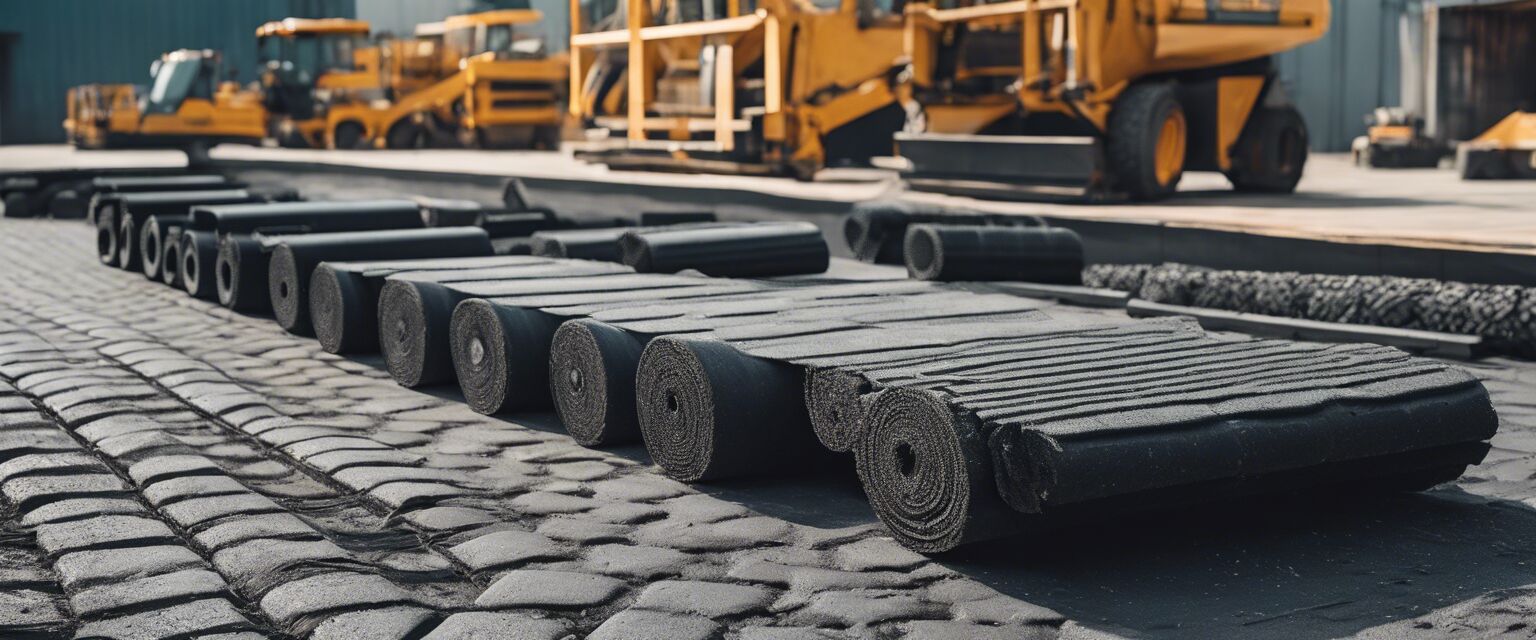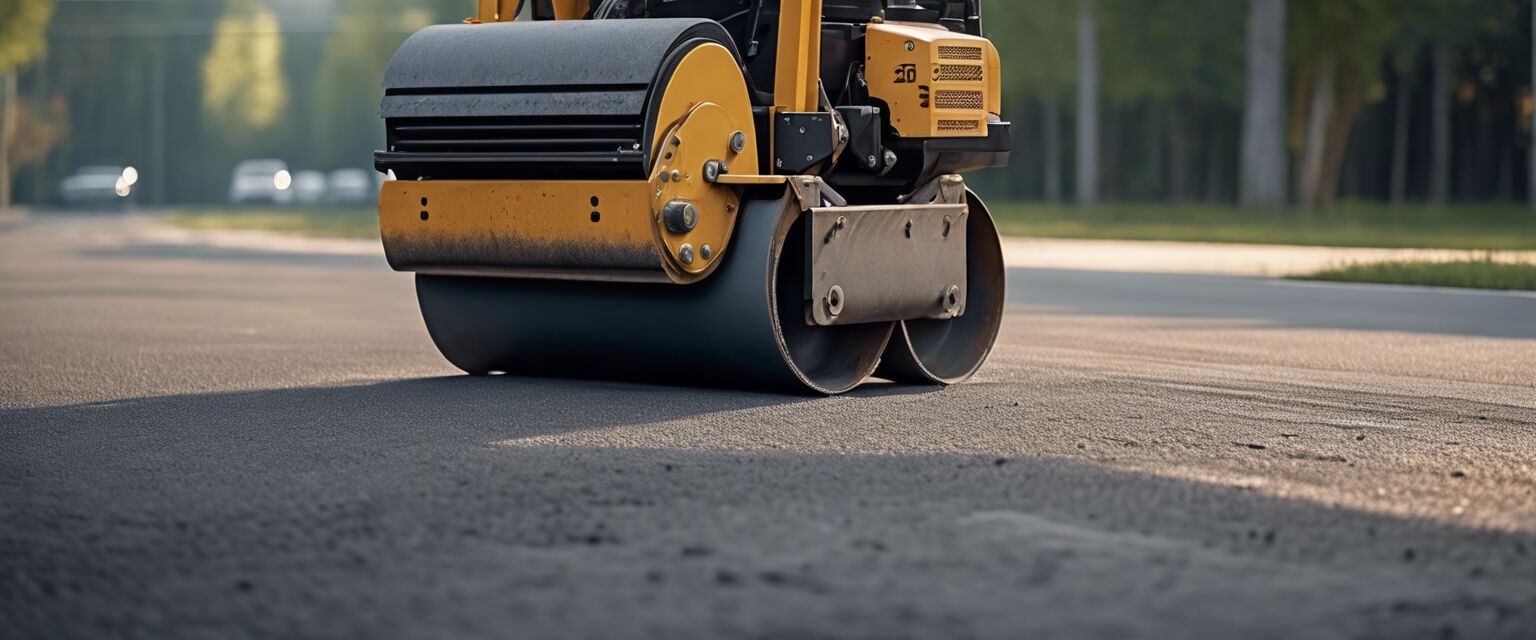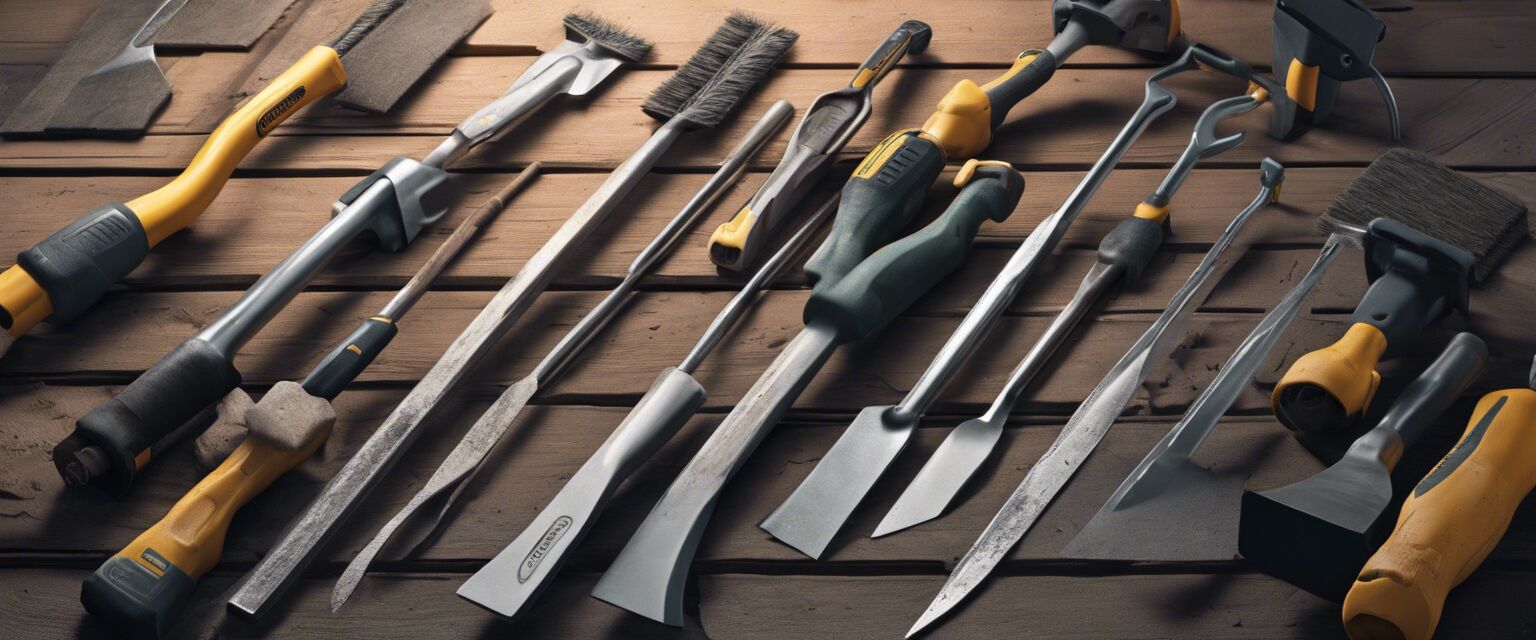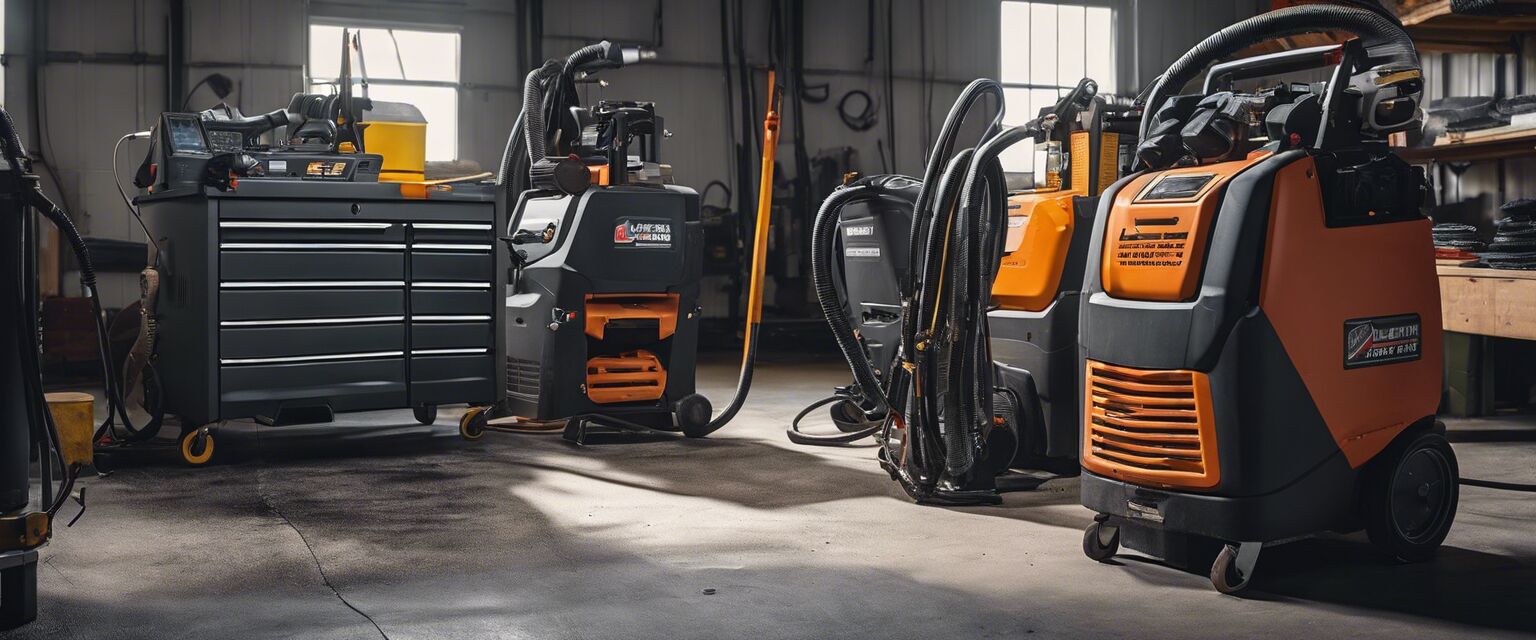
Asphalt Pavers and Rollers
Key Takeaways
- Asphalt pavers are essential for laying asphalt smoothly and efficiently.
- Rollers are crucial for compacting asphalt to ensure durability.
- Consider factors like size, weight, and features when choosing machinery.
- Regular maintenance extends the lifespan of asphalt equipment.
- Both professionals and DIY enthusiasts can benefit from understanding these tools.
When it comes to asphalt paving, the right equipment can make all the difference. Asphalt pavers and rollers are vital tools for anyone involved in paving projects, whether you're a professional contractor or a DIY enthusiast. In this guide, we will explore various models, key features, and comparisons to help you make informed decisions.
Understanding asphalt pavers
Asphalt pavers are machines used to lay asphalt on roads, bridges, parking lots, and other surfaces. They distribute and level the asphalt mix while providing a smooth finish. Hereâs a breakdown of the main components:
| Component | Description |
|---|---|
| Hopper | Holds the asphalt mix before it's laid. |
| Auger | Distributes the asphalt mix evenly across the width of the paver. |
| Strike-off plate | Levels the asphalt mix as it is deposited. |
| Compaction system | Compresses the asphalt to ensure a solid surface. |
Types of asphalt pavers
There are several types of asphalt pavers available:
- Tracked Pavers: Ideal for rough terrain and heavy-duty applications.
- Wheeled Pavers: Best for smoother surfaces and less demanding projects.
- Mini Pavers: Suitable for small jobs and tight spaces.

What to consider when choosing an asphalt paver
When selecting an asphalt paver, consider the following factors:
- Size: Choose a size that matches the scale of your project.
- Weight: Heavier pavers may be more stable but can also damage softer surfaces.
- Power: Look for a model with sufficient horsepower for your paving needs.
- Features: Additional features like automatic leveling and temperature sensors can enhance performance.
Understanding asphalt rollers
Rollers are used after the asphalt is laid to compact the material and ensure a strong, smooth surface. They come in various forms and sizes, each designed for specific applications.
| Type of Roller | Best For |
|---|---|
| Static Rollers | Small jobs and compacting thin layers. |
| Vibratory Rollers | Medium to large projects requiring deeper compaction. |
| Pneumatic Rollers | Final compaction for a smooth finish. |
Key features of asphalt rollers
When selecting an asphalt roller, consider these key features:
- Weight: Heavier rollers compact better but may not be suitable for every surface.
- Drum type: Choose between smooth, padded, or segmented drums based on your needs.
- Hydraulic controls: For better maneuverability and ease of use.

Comparison of popular asphalt pavers and rollers
The table below compares some popular asphalt pavers and rollers based on their specifications:
| Model | Type | Weight | Power | Features |
|---|---|---|---|---|
| Model A | Tracked Paver | 15,000 lbs | 100 HP | Automatic leveling, heated screed |
| Model B | Wheeled Paver | 12,000 lbs | 85 HP | GPS system, noise reduction |
| Model C | Vibratory Roller | 10,000 lbs | 70 HP | Dual drum, high-frequency vibration |
Maintenance tips for asphalt paving equipment
Proper maintenance of your paving equipment is crucial for long-term performance:
Beginner's Maintenance Tips
- Regularly check fluid levels and top up as needed.
- Inspect belts and hoses for wear and replace them promptly.
- Clean the equipment after each use to prevent buildup.
- Store the machinery in a dry, protected area to avoid rust and damage.
- Follow the manufacturer's maintenance schedule for optimal performance.
Conclusion
Choosing the right asphalt paver and roller can significantly impact the quality of your paving project. By understanding the various types, features, and maintenance practices, you can make informed decisions that will ensure successful outcomes in your paving endeavors. Whether youâre a contractor or a DIY enthusiast, investing in quality machinery will pay off in the long run.
Further reading
For more information on asphalt paving, check out our other useful resources:










